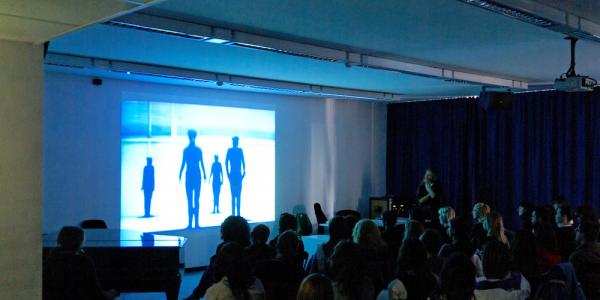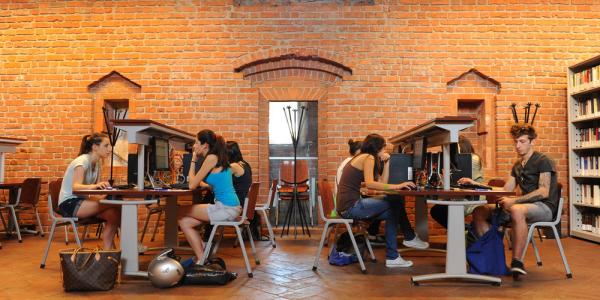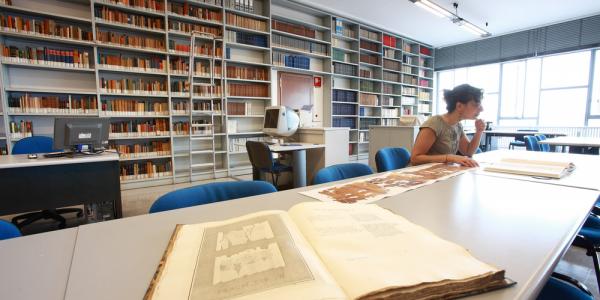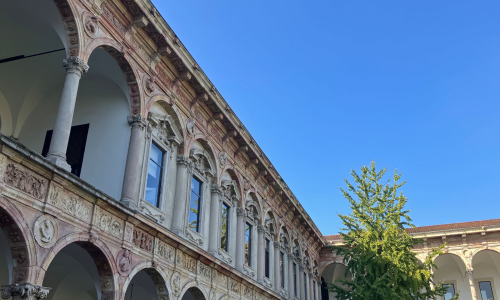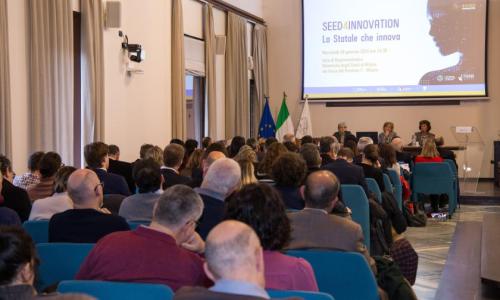The complex and structured teaching in the humanities comprises eight bachelor’s and twelve master’s programmes. The degrees that graduates obtain at the end of their studies attest to the acquisition of a modern humanistic education that can be employed in the world of work wherever cultural competences, methods and ability to bridge different forms of knowledge are required.
President of the Managing Committee
Prof. Alberto Bentoglio
These degree programmes are being discontinued: they are not open for admission, but courses are still delivered to students who are already enrolled.
These degree programmes are being discontinued: they are not open for admission, but courses are still delivered to students who are already enrolled.
These degree programmes are no longer available: courses are no longer delivered and no new students are accepted.
Location
The Faculty of Humanities is located in Milan, on Via Festa del Perdono 7.
Classrooms
- Via Festa del Perdono 3 - Teaching sector (Rooms 102, 104, 109, 111, 211, 422, 433, 435, 510, 515, 517)
- Via Mercalli (entrance from Via S.Sofia) (Rooms M101, M102, M103, M201, M202, M203, M204, M205, M301, M302, M303, M400, M401, M402, M501)
- Piazza S. Alessandro 1 (Rooms A1, A2, A3, A4, A5, A6, A7, A8, A9)
- Via S. Antonio 5 (Rooms Pio XII, S.AntonioI, S.AntonioIII)
- Via Noto 8 (Rooms K01, K02, K11, K12, K21, K22, K23, K31, K32, K33, K43)
Department of Cultural and Environmental Heritage
Via Festa del Perdono 7 - 20122 Milano
Department of Philosophy "Piero Martinetti"
Via Festa del Perdono 7 -20122 Milano
Department of Languages, Literatures, Cultures and Mediations
Piazza S. Alessandro 1 - 20122 Milano
Department of Literary Studies, Philology and Linguistics
Via Festa del Perdono 7 - 20122 Milano
Department of Historical Studies "Federico Chabod"
Via Festa del Perdono 7 - 20122 Milano
Student Offices for the Faculties of Humanities and Social Studies
Via Festa del Perdono 7 - 20122 Milan
email: [email protected]
Head: Mr Giuseppe Ruscica
Student Offices
Via Santa Sofia 9/1 - 20122 Milan (entrance from the inner courtyard)
Student Representatives
View representatives in office in the University boards


